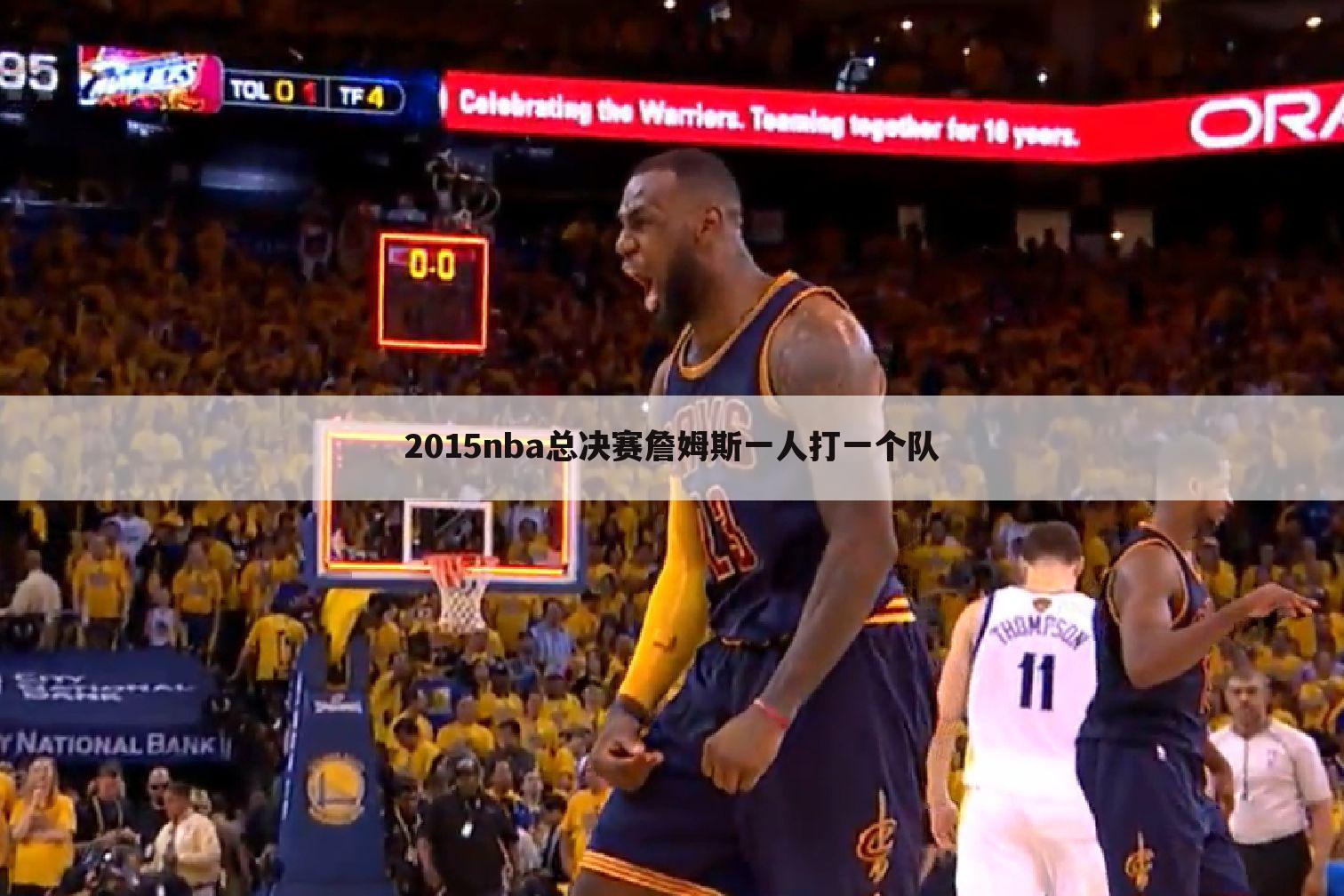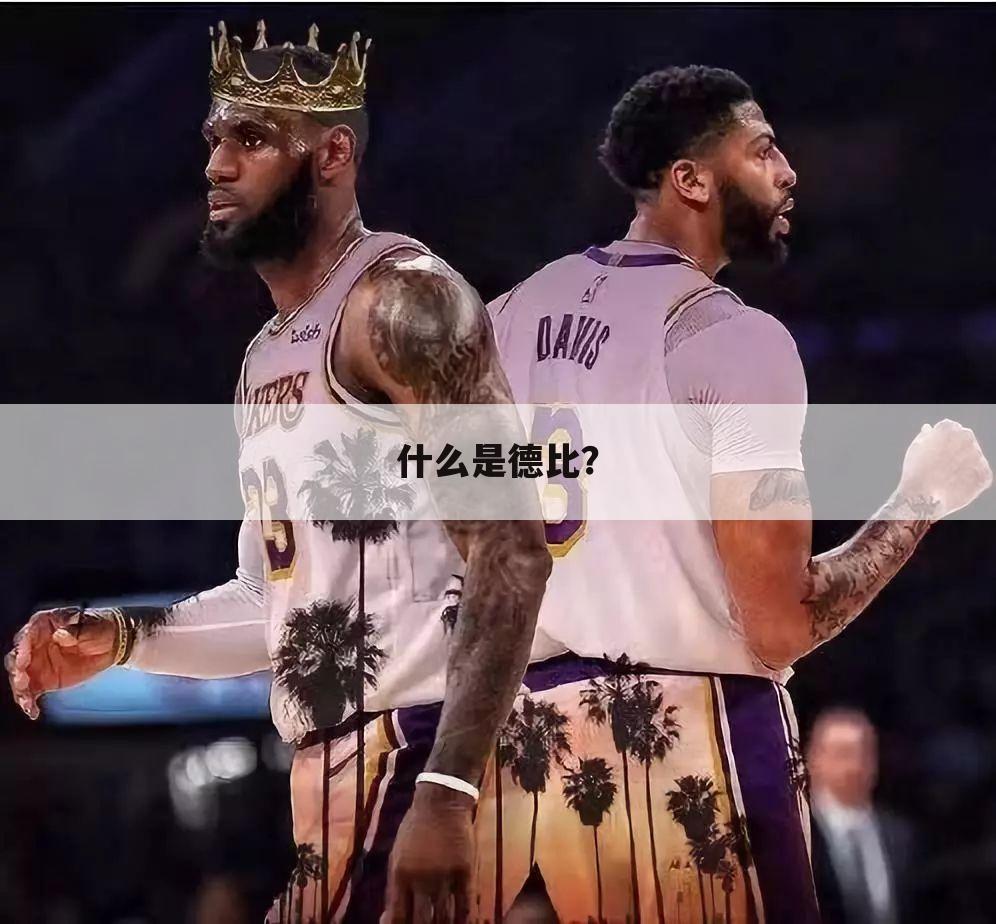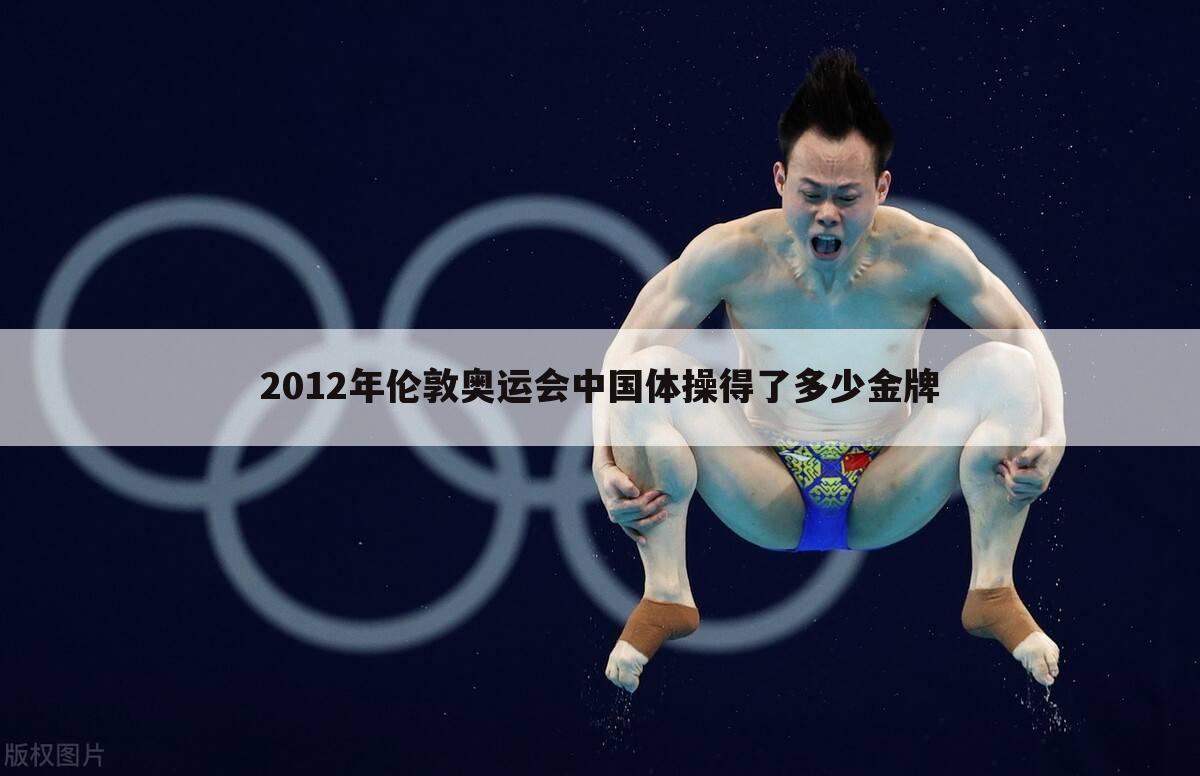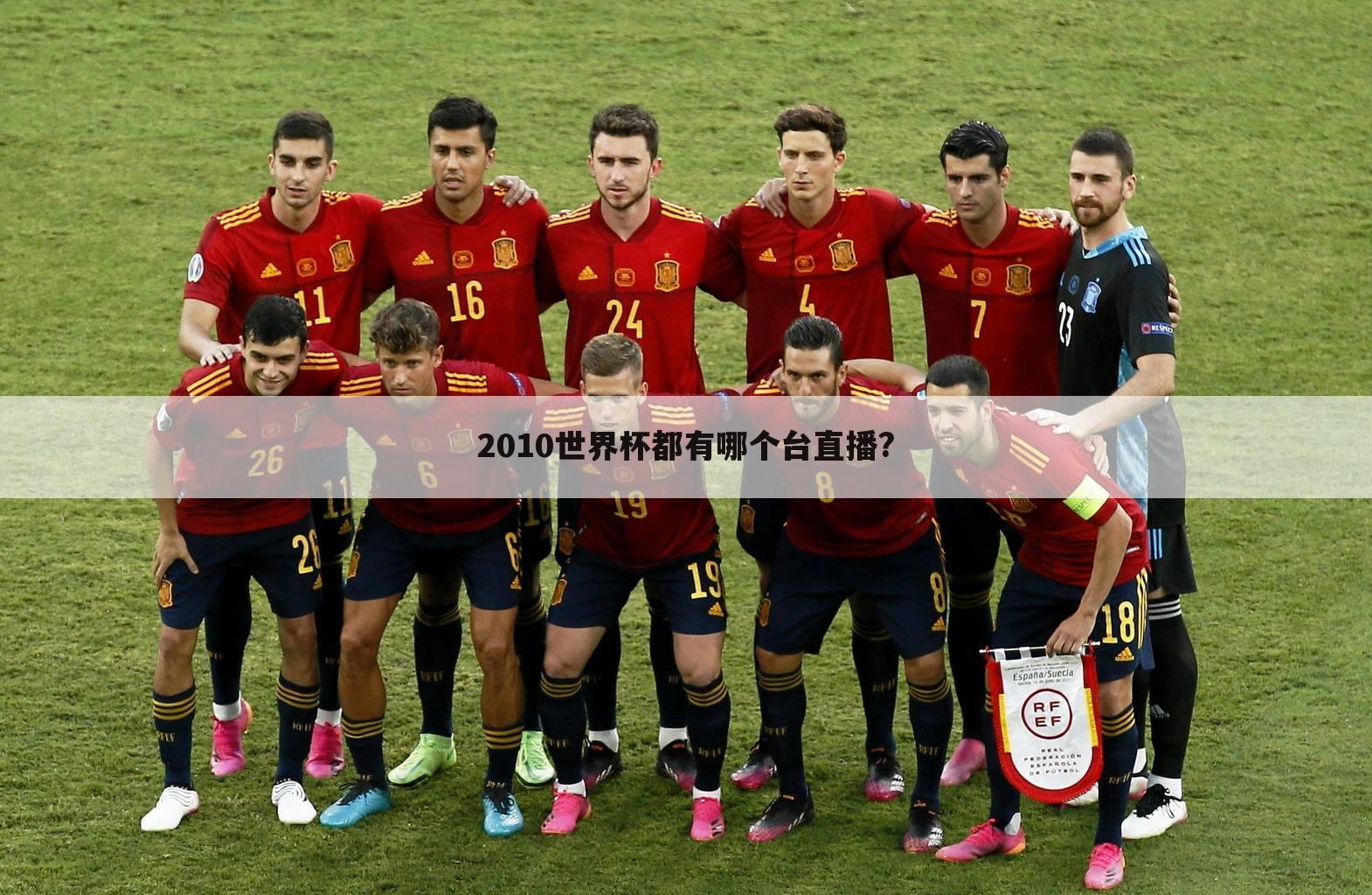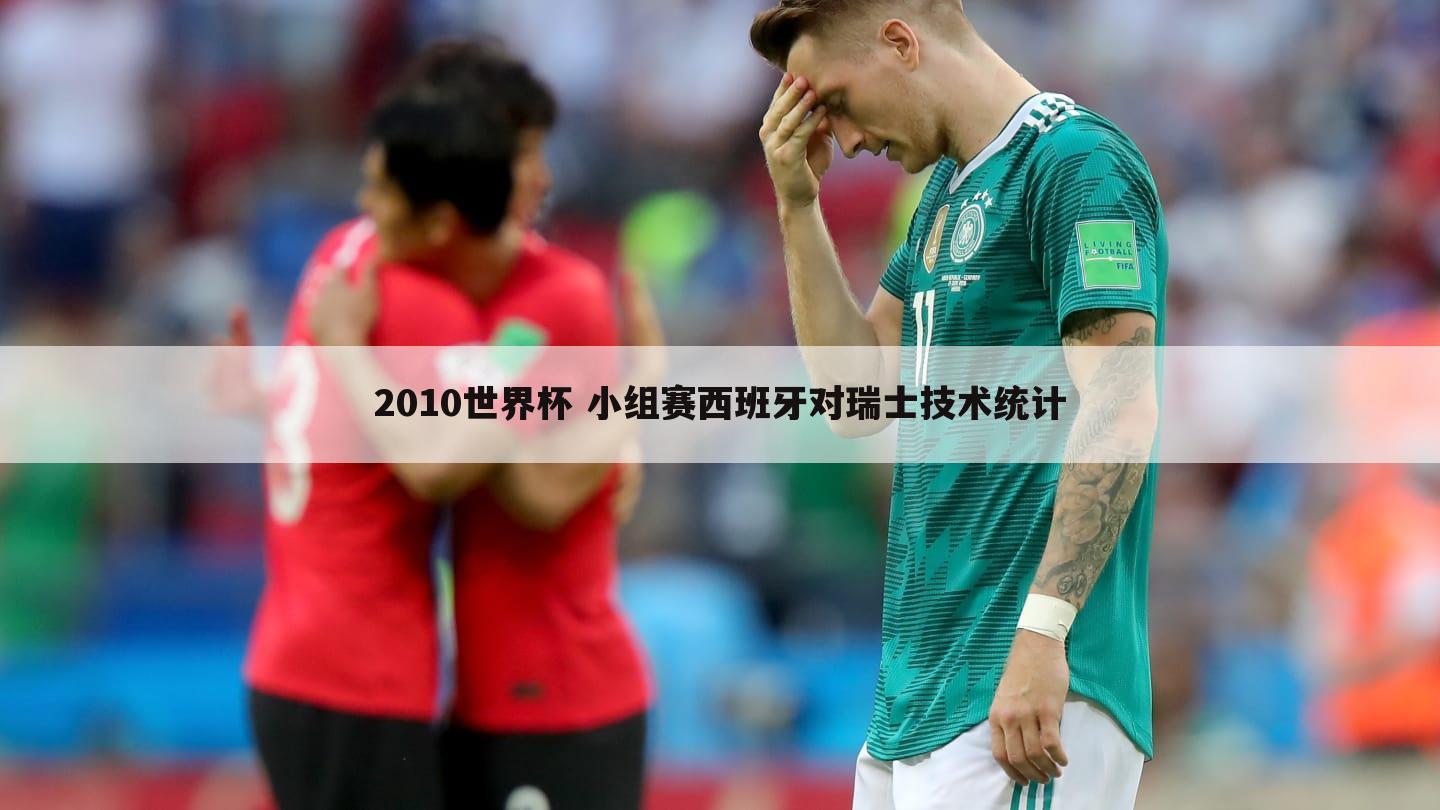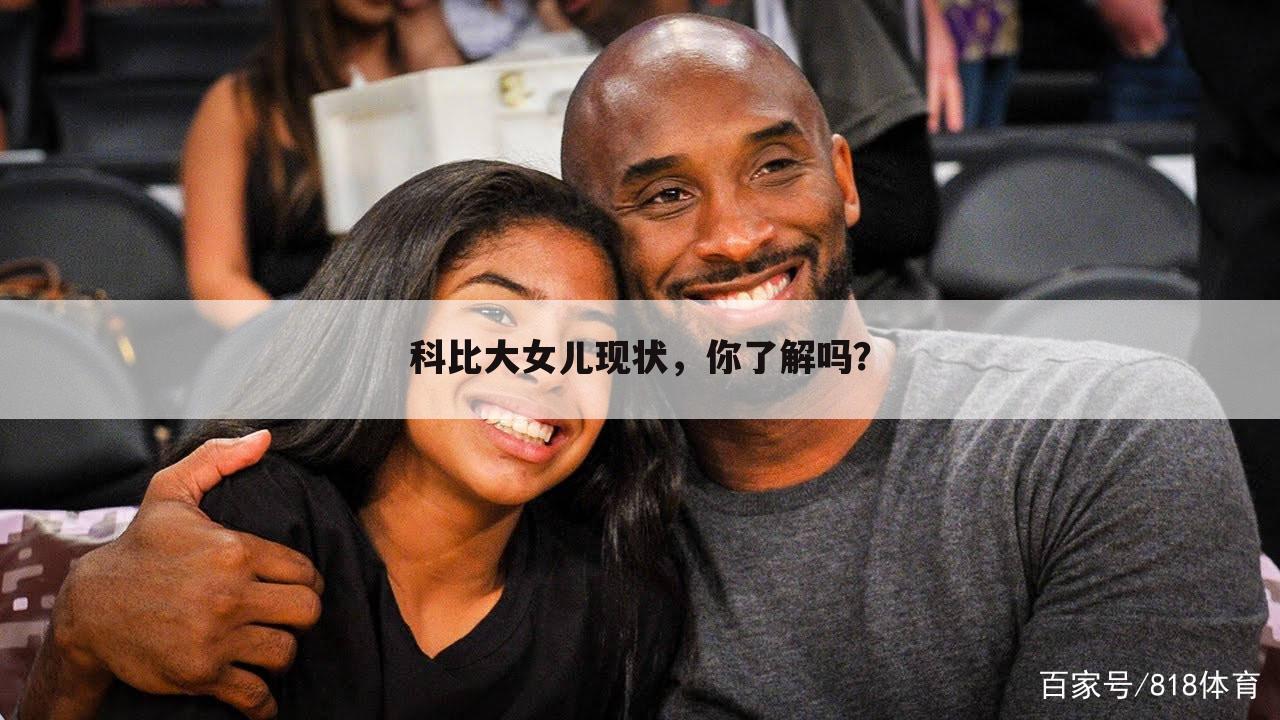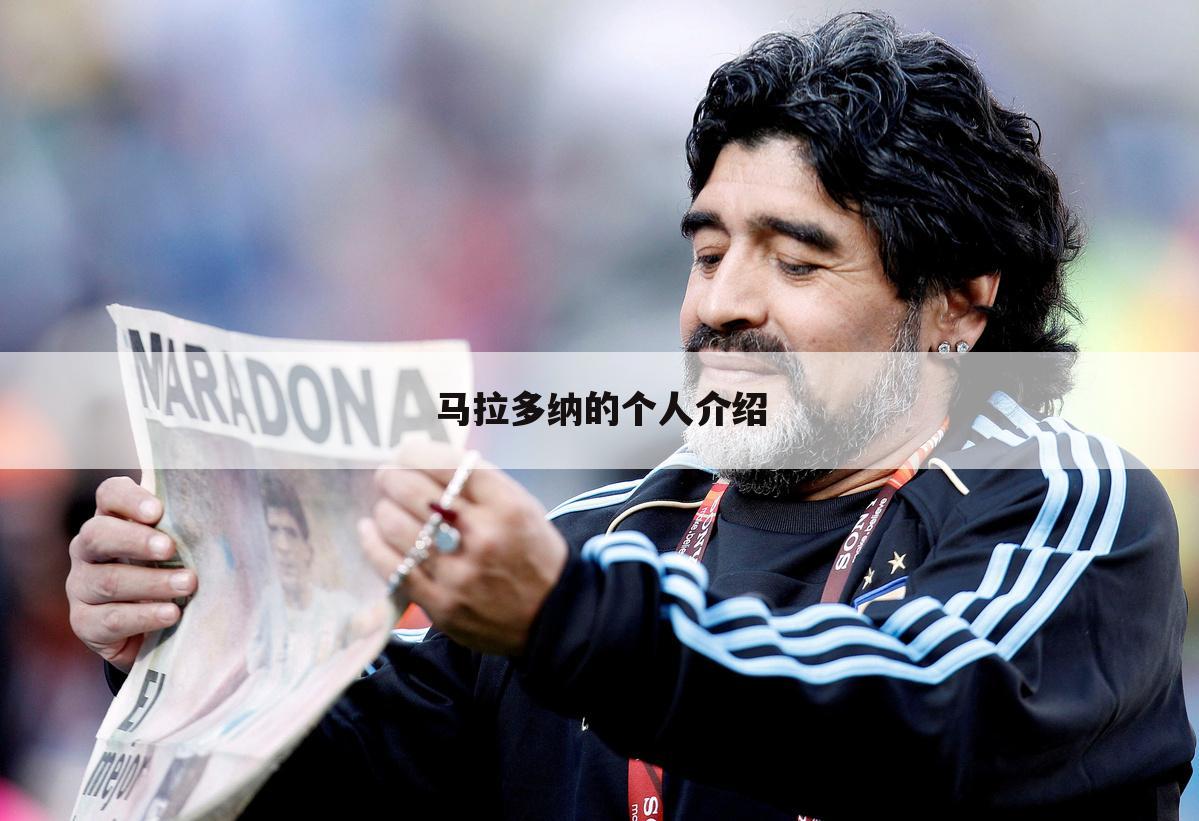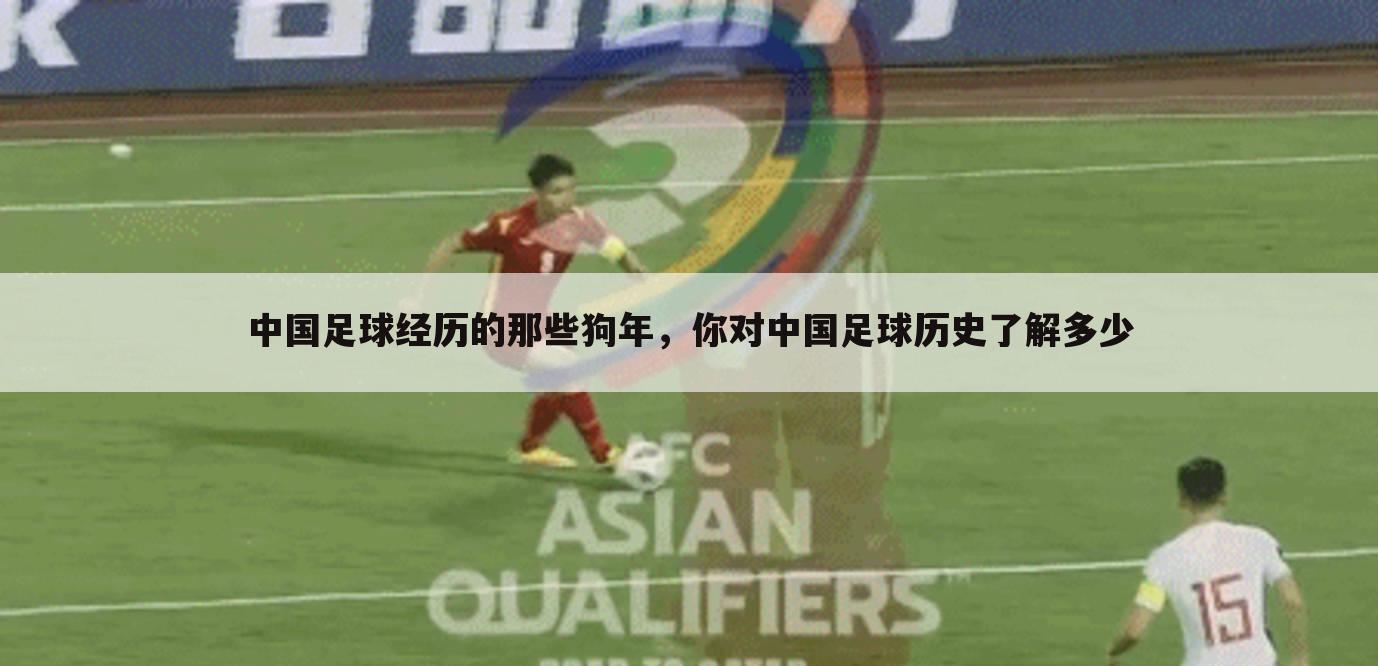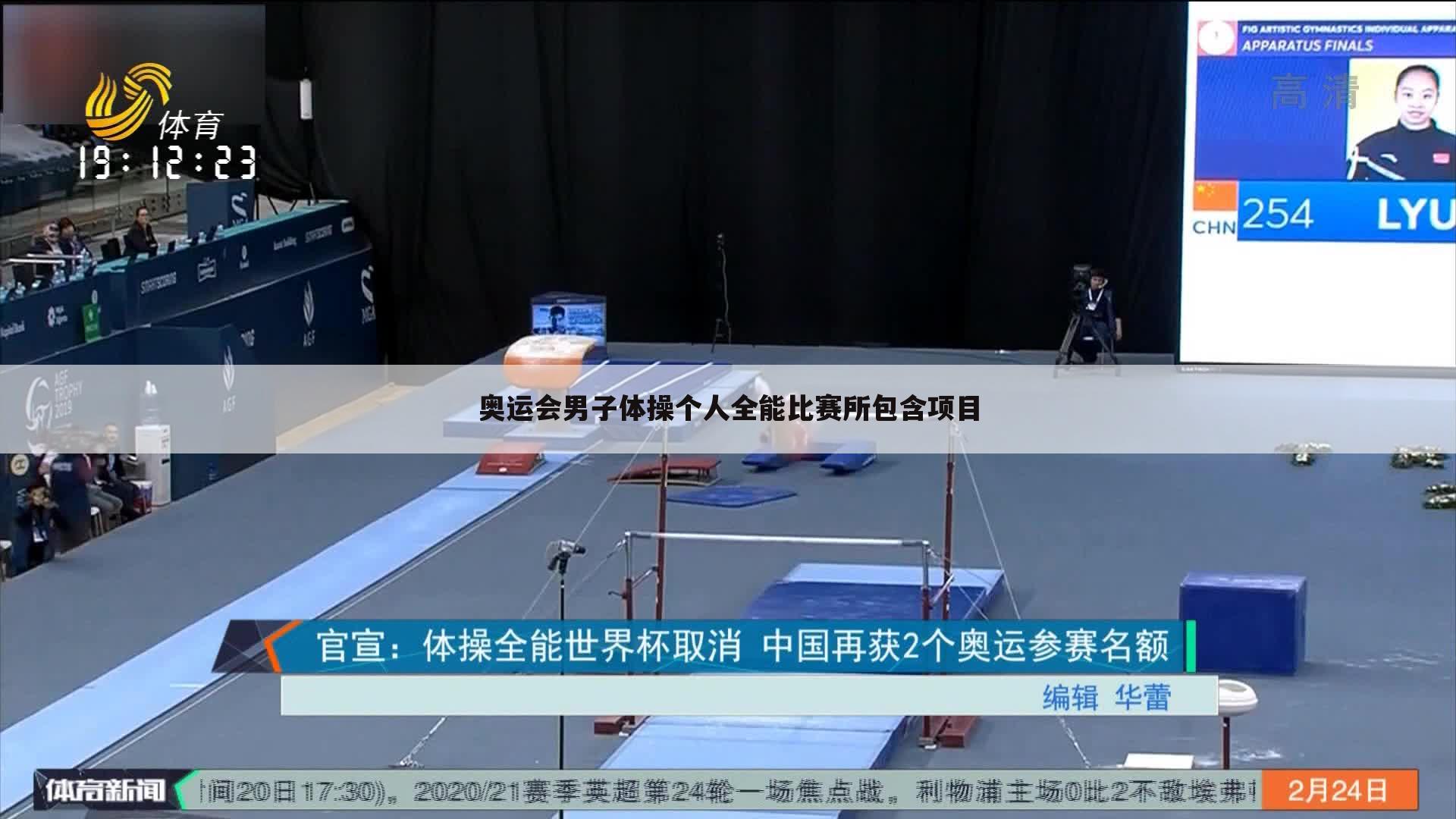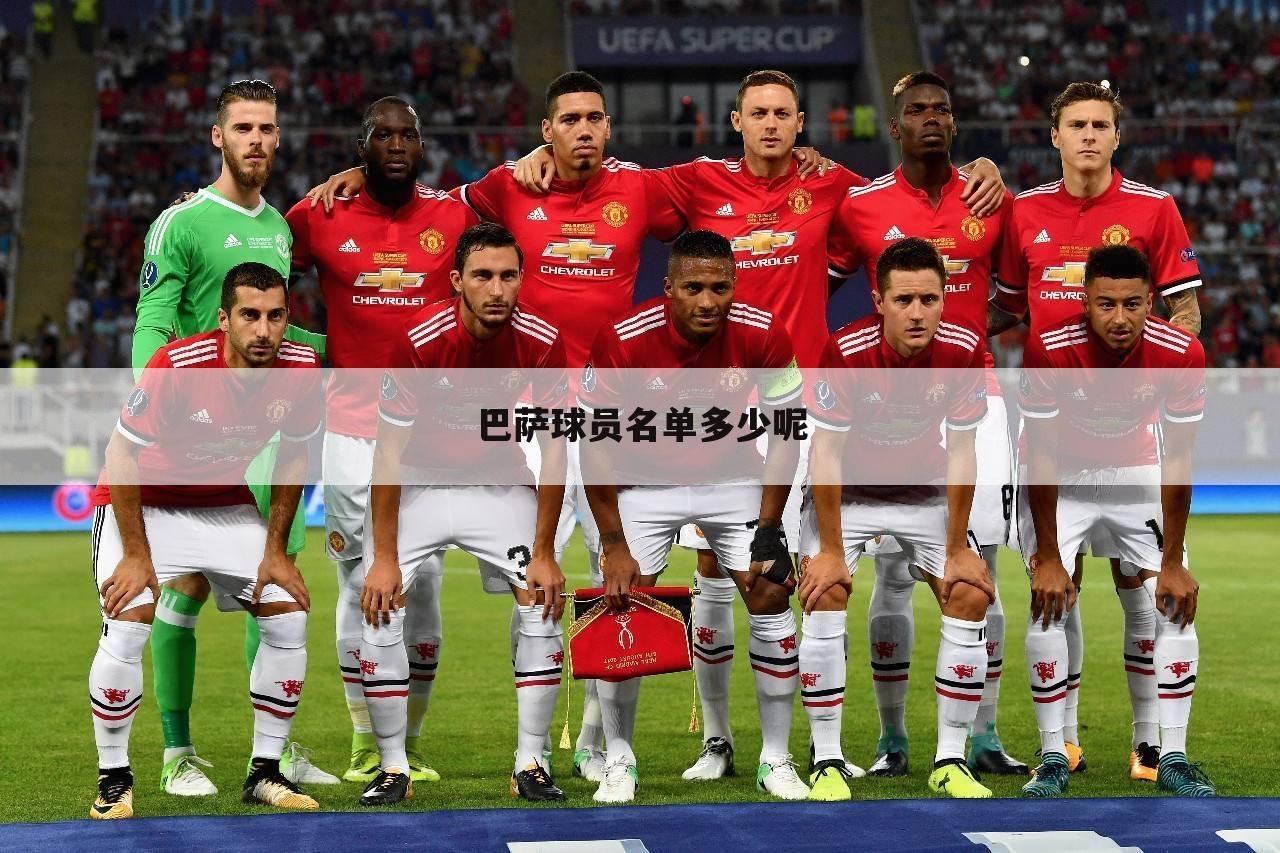问题1:克里希那穆提 一共出了几本书,书名都是什么?
中国大陆一共出版过如下14本:
群言出版社:
《一生的学习》
《重新认识你自己》
《人生中不可不想的事》
九州出版社:
《谋生之道》
《心灵自由之路》
《爱与寂寞》
华东师大出版社:
《爱与思》
《浩渺无垠》
《单纯的品质》
《思想从结论开始吗》
《最初与最终的自由》
《生命之书——365天克里希那穆提禅修》
胡因梦译本:
《般若之旅》
《爱的觉醒》
这个月似乎还会出版一本《世界在你心中》,也是胡因梦译的。
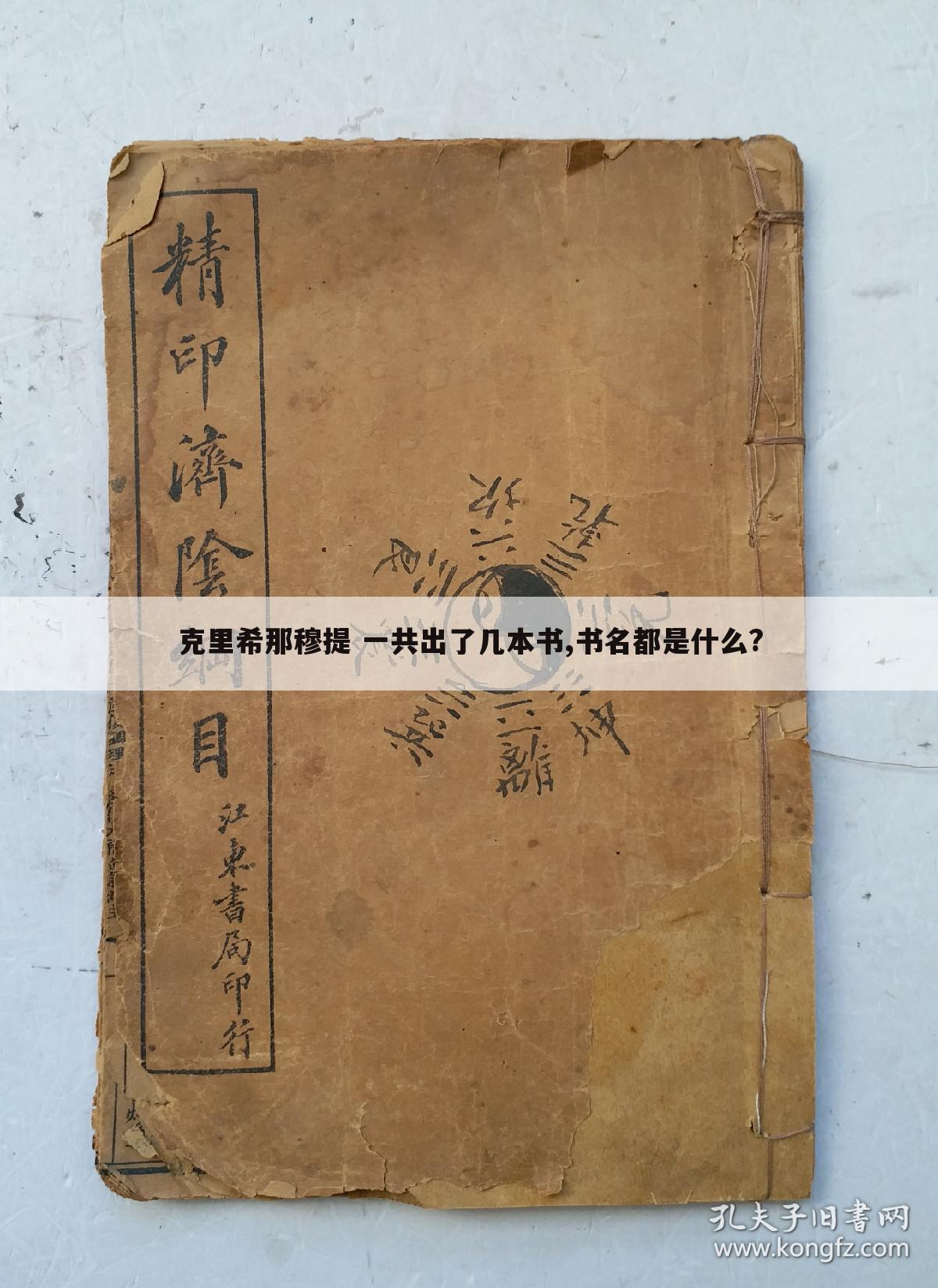
问题2:克里希那穆提 有哪些作品?全
《生命之书》 《谋生之道》 《爱的觉醒》 《爱与寂寞》 《你就是世界》 《一生的学习》 《心灵自由之路》 《重新认识你自己》 《面对危机中的世界》——最锋利的生命教诲 《最后的日记》——心灵导师最后的生命感悟 《最初和最终的自由》 《人生中不可不想的事》 《自由是什么》 《浩渺无垠:生命的注释》 思考从结论开始吗:生命的注释(III) 单纯的品质:生命的注释(III) 爱与思:生命的注释(I)
问题3:克里希那穆提的核心思想是什么
克里希那穆提教导的核心,包含在他1929年表述的命题中:“真理是无路之国。”人不可能通过任何组织、任何信仰、任何教义,牧师或仪式、任何哲学知识或者心理技巧,来达到它。他需要通过关系的镜子,通过理解他自己心灵的内容,通过观察而不是理智的分析或者内省式的剖析,来找到它。人为自己建立了各种形象,以充当安全的围墙-宗教的,政治的,个人的。它们以符号、思想、信仰的形式出现。这些形象的包袱,支配着人的思想,他的关系,以及他的日常生活。这些形象是我们问题的源泉,因为它们把人与人分割开来。他对生活的感知被他头脑中已经确立的概念所左右。他意识的内容就是他全部的存在。这个内容是整个人类共有的。个性只是名与形,以及他从传统与环境中所获得的表面的文化。人的独特性不在于表面,而在于从意识的内容中完全解放出来,而这些内容是整个人类共有的。所以他不是一个个人。 自由不是反应,自由不是选择。人自欺地认为,因为他有选择,所以他是自由的。自由是纯粹的观察,没有方向,没有对回报与惩罚的恐惧。自由是没有动机的,自由不是在人的进化的结尾,而是在他存在的第一步。在观察中你开始发现自由的缺乏。自由是我们对日常生活的无选择觉知中找到的。 思想是时间。思想产生于经验和知识,而经验和知识是与时间和过去分不开的。时间是人类的心理敌人。我们的行动是基于知识,从而是基于时间的,所以人总是过去的奴隶。思想永远是局限的,所以我们生活在无休止的冲突与挣扎中。心理的进化是不存在的。 当人开始觉知到自己思想的运动时,他会看到思想者与思想、观察者与被观察者、经验者与经验之间的分裂。他会发现这个分裂是一个幻觉。只有此时,才有纯粹的观察,它是没有任何过去及时间阴影的洞见。这个超越时间的洞见,带来一种深刻的,根本的心灵突变。 完全的否定是肯定的精髓。在否定了所有那些思想所带来的心理上的东西时,只有在此时,才有爱,也就是慈悲与智慧。译者注:有人让克里希那穆提总结他教导的核心。他写出了上面这几段话,作为答复。 The Core of Krishnamurti's Teachings
(written by him 21 Oct 80)
The core of Krishnamurti's teaching is contained in the statement he made in 1929 when he said: "Truth is a pathless land." Man cannot come to it through any organization, through any creed, through any dogma, priest or ritual, not through any philosophic knowledge or psychological technique. He has to find it through the mirror of relationship, through the understanding of the contents of his own mind, through observation and not through intellectual analysis or introspective dissection. Man has built in himself images as a fence of security -- religious, political, personal. These manifest as symbols, ideas, beliefs. The burden of these images dominates man's thinking, his relationships and his daily life. These images are the causes of our problems for they divide man from man. His perception of life is shaped by the concepts already established in his mind. The content of his consciousness is his entire existence. This content is common to all humanity. The individuality is the name, the form and superficial culture he acquires from tradition and environment. The uniqueness of man does not lie in the superficial but in complete freedom from the content of his consciousness, which is common to all mankind. So he is not an individual. Freedom is not a reaction; freedom is not choice. It is man's pretense that because he has choice he is free. Freedom is pure observation without direction, without fear of punishment and reward. Freedom is without motive; freedom is not at the end of the evolution of man but lies in the first step of his existence. In observation one begins to discover the lack of freedom. Freedom is found in the choiceless awareness of our daily existence and activity. Thought is time. Thought is born of experience and knowledge which are inseparable from time and the past. Time is the psychological enemy of man. Our action is based on knowledge and therefore time, so man is always a slave to the past. Thought is ever-limited and so we live in constant conflict and struggle. There is no psychological evolution. When man becomes aware of the movement of his own thoughts he will see the division between the thinker and the thought, the observer and the observed, the experiencer and the experience. He will discover that this division is an illusion. Then only is there pure observation which is insight without any shadow of the past or of time. This timeless insight brings about a deep radical mutation in the mind. Total negation is the essence of the positive. When there is negation of all those things that thought has brought about psychologically, only then is there love, which is compassion and intelligence.
问题4:有关 克里希那穆提。
问:欲望的源头是什么?我如何把它消除?
克:这个问题是一位年轻人体会出的。他为什么要把欲望消除呢?你明白吗?他是一位年轻人,充满了生命与活力,他为什么要消除欲望呢?有人告诉他,没有欲望是大得行,不受欲望约束就可以认识上帝或其他所谓的终极目标,所以他会问:“欲望的源头是什么?我如何把它消除?”但是这种想把欲望消除的冲动,本身就是欲望的一部分,不是吗?它其实是被恐惧所驱动的。
什么是欲望的源头、线索及开始?当你看见一件吸引人的东西,你想要它。你看见一部车子、一艘船,然后你想拥有它,或是你想要达到有钱人的地位,或称为灵性的上司,这就是欲望的源头。眼见、身触都是感官的刺激,在感官的刺激中升起了欲望。因为认识到欲望会带来冲突,于是你才会问:“我如何才能从欲望中解脱?“所以你真正想要的不是脱离欲望,而是脱离欲望所引起的担忧、焦灼和痛苦。你想从欲望的苦果中解脱,而不是脱离欲望本身,这是必须了解的重点。
如果你能把痛苦、折磨、挣扎和一切岳昂所引起的焦灼及害怕都摆脱,只剩下欲望所带来的快乐,你还想脱离欲望吗?
只要你存有获取成就或是变成什么的欲望,不论程度的深浅,你不可避免地一定有焦灼、懊悔及恐惧。你一直存在着变成有钱人的野心,以及想得到这样或那样东西的期望,只有当你看见野心的腐化与败坏的本质时,你的野心才会消除。
一旦我们看见追求权力的欲望在各种形式上产生——譬如称为政府首长、法官、传教士、灵性的上师等——我们看见这种欲望的根本是恶的,我们就不会再有求取权力的欲望。然而我们现在并没有看见野心的破坏性,没有看见求取权力的欲望是恶的;相反的,我们却说我们将运用权力去做好事,这种言论根本是毫无道理的。
一个错误的方法永远不可能用来达到正确的目标。如果方法是恶的,结果也是恶的。好并不是坏的反面,好的品质只有在坏完全停歇时才会出现。所以如果我们不了解欲望的整个重点,不了解它的结果、它的副产品,而只是尝试去消除它,是没有任何意义的。
ps :这一段出自《人生中不可不想的事》,指出了欲望的本源,希望能对你有所帮助,还有上面一段文字是我手打的,如果有错别字,请多多包含。
问题5:克里希那穆提写作背景
中国大陆一共出版过如下14本:群言出版社:《一生的学习》《重新认识你自己》《人生中不可不想的事》九州出版社:《谋生之道》《心灵自由之路》《爱与寂寞》华东师大出版社:《爱与思》《浩渺无垠》《单纯的品质》《思想从结论开始吗》《最初与最终的自由》《生命之书——365天克里希那穆提禅修》胡因梦译本:《般若之旅》《爱的觉醒》这个月似乎还会出版一本《世界在你心中》,也是胡因梦译的。
问题6:克里希那穆提作品集的txt全集下载地址
《克里希那穆提作品精选集》百度网盘txt 最新全集下载:
链接:
提取码:ucn7
《克里希那穆提作品精选集》是2004年群言出版社出版的图书,作者是克里希那穆提。
关于克里希托的介绍到此就结束了,不知道你从中找到你需要的信息了吗 ?如果你还想了解更多这方面的信息,记得收藏关注本站。



